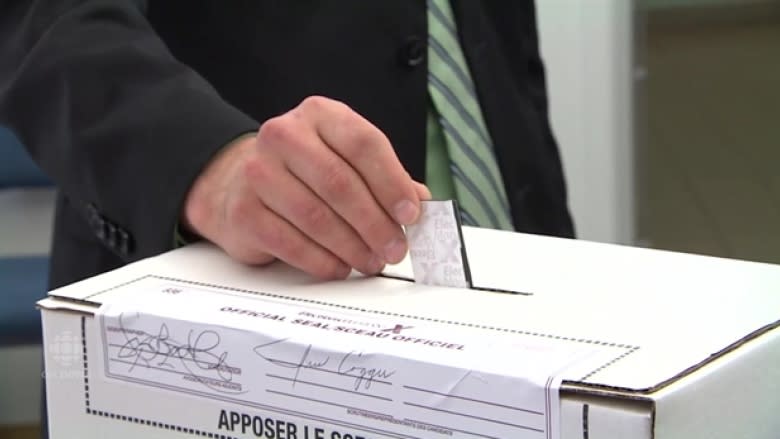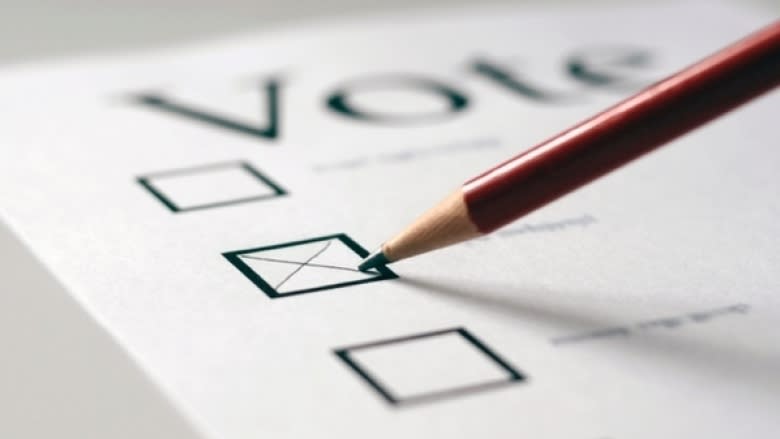London could be first in Ontario to adopt electoral reform
A debate that could see London take the lead in electoral reform in Ontario is set to begin Tuesday with councillors already being told by city staff it is too expensive and not worth the risk.
The ranked ballot system, which would allow voters to pick their top-three candidates for council positions, is being called "a major departure for the average voter" and would cost an additional $1.24 per eligible voter, according to a report prepared for the corporate services committee.
The document, which also outlines concerns about whether software is even available to deliver accurate and timely results on election night, is expected to cost an additional $322,500.
"Currently, there is no election software that has been tested and certified with the algorithms within the Ontario regulations," London city staff wrote.
Ontario passed legislation last year allowing municipalities to use a ranked ballot system in the upcoming 2018 elections with proponents saying it gives the winning candidate a higher percentage of the vote.
The current first-past-the-post system allows voters to choose only one candidate and can lead to vote splitting.
A provincial government deadline gives municipalities until May to adopt the ranked ballot system in time for the next election.
"You don't want the learnings to be on the backs of your citizens," London's deputy mayor Paul Hubert said.
He also chairs the corporate services committee, which will decide whether the debate continues to council.
High cost of electoral reform
London staff broke down the estimated cost increase for electoral reform, showing the $322,500 would be an addition to the $243,762 spent in the 2014 election.
The figures are based on estimates from vendors involved in running the city's previous election, as well as from U.S. cities of similar size where ranked ballots are in use.
Hubert said fairness in the electoral process is a big issue, but municipalities must keep budgets in mind, especially when spending on new technology.
"I think the companies offering the tabulating systems need to get the algorithms in place, so municipalities can be confident in their decisions," he said.
Ontario's ministry of municipal affairs is planning a guide to help cities that adapt the ranked ballots system. A spokesperson with the ministry was unable to say when the guide would be available.
Democracy first
Proponents of the ranked ballot system insist politicians must consider the outcome of elections before ruling it out.
"It is a more accurate barometer of the public feeling," said Nelson Wiseman, director of the Canadian Studies program at the University of Toronto.
"Someone got elected in Toronto with 17 per cent of the vote because it was split all these different ways," he said. "Is that really fair?"
In London, almost half of the city councillors, 6 out of 14, received less than 50 per cent of the vote in the 2014 election. One councillor earned 28 per cent support.
Hubert, who was elected with 83 per cent of the vote, said he hopes London will not dismiss the option of ranked ballots outright when it is discussed at the committee Tuesday.
He suggests London consider holding off until the election in 2022.




